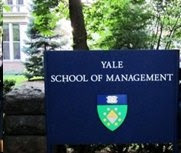Price Range for KLCI

I would like to share with you one of my recent research on our KLCI prices. From 2010 onwards, KLCI seems to react well with these prices. In your chart, draw horizontal lines with numbers 1320, 1400, 1480, 1560, 1640 and 1720 across the KLCI chart, and you will realise these are support and resistance lines for our KLCI. Notice that I use 80 points for the lines, you may try 40 points for shorter term analysis. The purpose of this exercise is to establish a bigger picture of where are the possible turning points. I hope this helps in your KLCI futures trading. Please note that the study of price range alone does not generate buy or sell signals, this is just an addition to your tools of arsenal for trading. Always remember to use with trend lines to spot the key reversal points. Happy trading, Pauline Yong BTW, my price target for KLCI for 2013 is 1560 - 1800.


